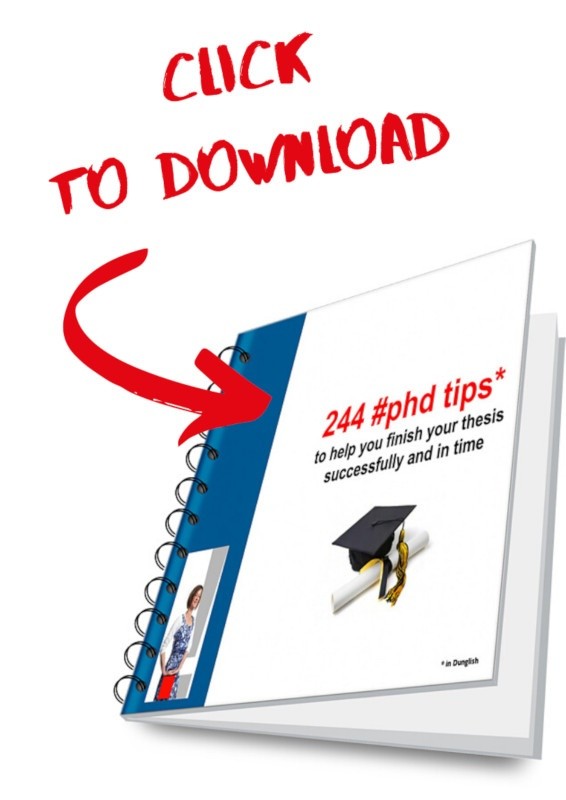There are different types of abstracts, those for articles, and those for papers for a conference, congress or symposium The abstract for a paper has some additional requirements in relation to the requirements for abstracts for articles. Let me explain .
But first, what is an abstract? An abstract is a very accurate summary. It is a description of your research, and not a description of your topic. Those two are often mixed up, so make sure to have that distinction clear.
Abstracts are different for different fields: in the ‘hard’ science there often is more emphasis on the methodology, in the ‘soft’ science there is often more emphasis on explaining the purpose of your research. But that’s not written in stone. It is therefore useful to ask – for example your supervisor – what the requirements of an abstract in your field are. And of course it is even more important to find out what requirements are from the journal in which you want to publish. So always look up the author’s instructions.
In each abstract, the following questions must be answered:
- What is your research question?
- How did you answer your question?
- What were the results?
- What is the answer to your question?
If you still have a bit more space, then you can add it the answers the following two questions:
- Why did you ask the question? What is the big picture? The answer comes before question number 1
- What are the consequences or implications of your research? What is the impact of your research for the big picture? The answer to this question comes after your answer to question four.
In the case of an abstract for a paper, you must of course also answer questions 1 to 4. But the purpose of this kind of abstract is a bit different, because you want to convince the selection committee that your research is contributing to the field and you want to show them that your topic fits the theme of the conference.
To achieve that goal, you’ll have to figure out who the audience of the conference is and you adjust text accordingly. For example by focusing on the methodology or by emphasizing the value of your work. And of course the writing rule that applies is: kill your darlings! So don’t put too much information in your abstract, readability is important! Verify that by letting a colleague proofread it.
Do you want to receive more tips, tricks and tools? Receive 244 #phd tips and get the newsletter as a bonus! Click here.






